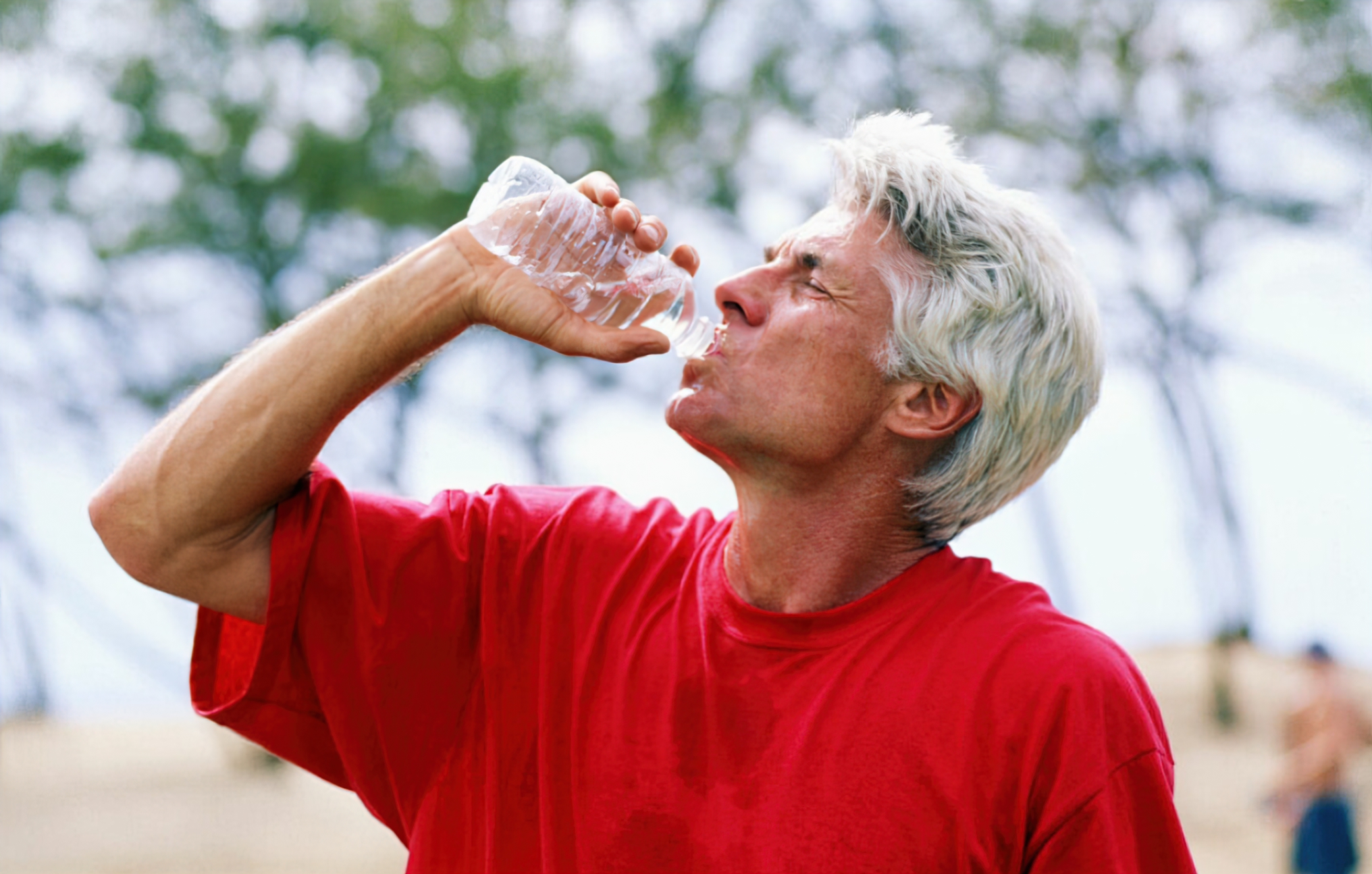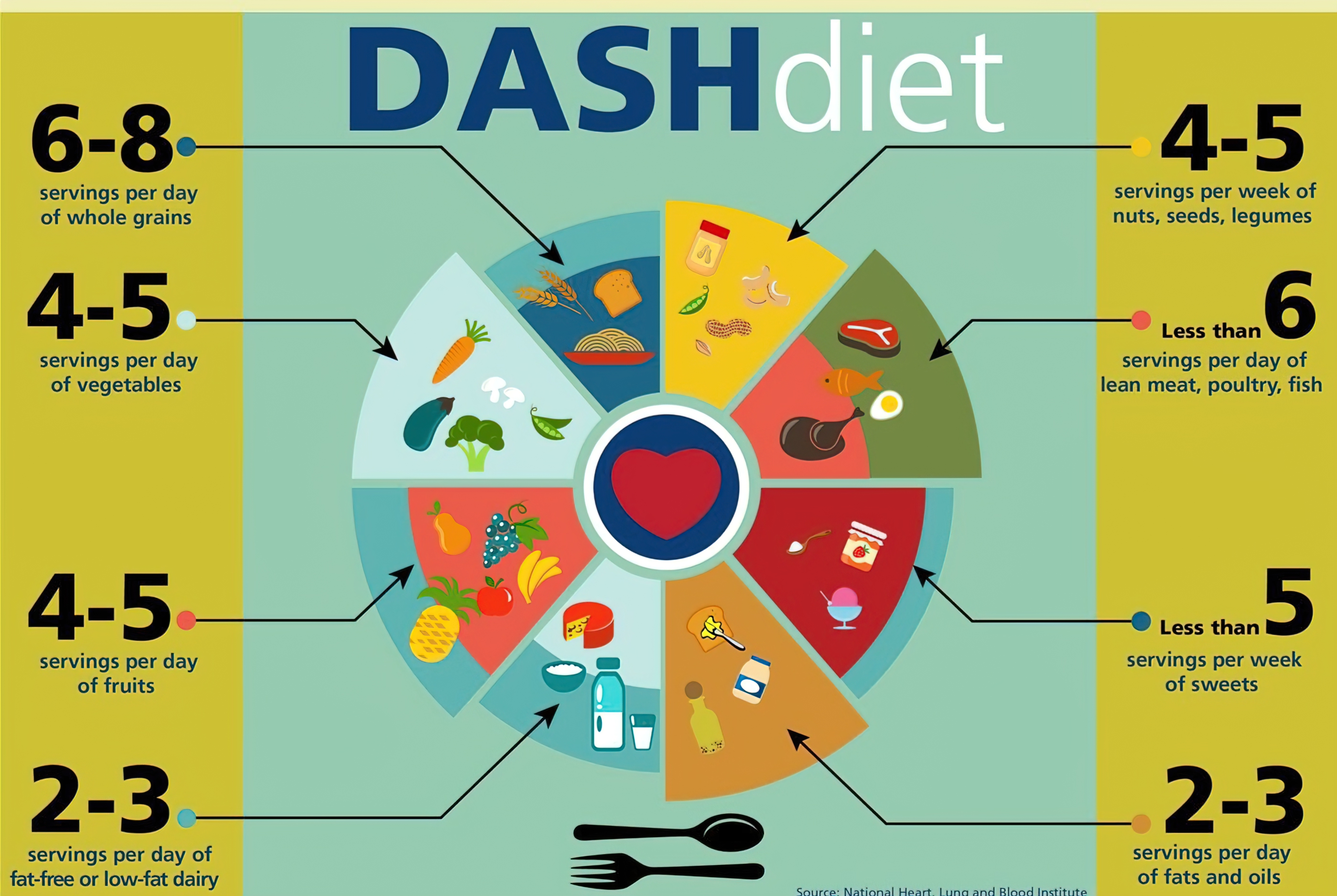Active seniors know that fitness is crucial for maintaining a healthy lifestyle. But what about nutrition? Let’s dive in.
Understanding Nutrition for Active Seniors
Nutrition plays an integral role in the health and well-being of active seniors. It’s not just about what you eat but how you eat it. This means mindful eating, balanced meals, and understanding your body’s needs.
Lean proteins, such as chicken and fish, provide essential amino acids. They aid in muscle repair and strength, especially beneficial after a workout. Incorporating whole grains and fiber-rich foods can aid in digestion and provide sustained energy.
Fruits and vegetables, loaded with vitamins and antioxidants, promote a robust immune system. Plus, they can reduce inflammation, helping you recover from workouts faster.
Staying Hydrated: A Simple Yet Vital Habit
Hydration is often overlooked in nutrition conversations, but it’s vital. Seniors can be susceptible to dehydration. Therefore, maintaining adequate fluid intake is essential, especially post-exercise. Water, herbal teas, or infusions can be good choices.
Balance Is the Key
Seniors should aim for balanced meals that include protein, complex carbs, and healthy fats. These provide steady energy, aid recovery, and support overall health. Avoiding processed foods and focusing on whole, nutritious foods is the best practice.
Smart Snacking for Sustained Energy
Regular, healthy snacks can help maintain energy levels and prevent overeating at meal times. Think fruit, nuts, yogurt, or a piece of whole-grain toast with avocado.
Diet Plans for Active Seniors: Tailored to Your Needs
Customizing your diet plan to suit your fitness levels, dietary preferences, and nutritional needs is an excellent way to ensure you’re fueling your body with what it needs to stay active and healthy.
The Mediterranean Diet
The Mediterranean diet is a balanced, heart-healthy diet that emphasizes fruits, vegetables, whole grains, lean protein, and healthy fats, mainly derived from fish and olive oil. It’s an excellent diet for seniors as it’s associated with lower risks of heart disease, certain cancers, and other health problems.
DASH Diet
The Dietary Approaches to Stop Hypertension (DASH) diet focuses on reducing sodium intake and eating foods rich in nutrients that help lower blood pressure, such as potassium, calcium, and magnesium. It’s recommended for seniors who are dealing with hypertension or at risk.
Flexitarian Diet
A flexitarian diet primarily focuses on plant-based foods but allows meat and animal products in moderation. It’s a flexible diet, hence the name, and can be beneficial for seniors who want to reap the benefits of plant-based diets without entirely eliminating meat.
Meal Ideas
A day’s meal on these diets might look like this:
Breakfast: Greek yogurt with fresh berries and a sprinkle of granola.
Lunch: Grilled chicken salad with a variety of veggies and a vinaigrette dressing.
Dinner: Baked salmon with a side of roasted vegetables and quinoa.
Snacks: A handful of nuts, a piece of fruit, or carrot sticks with hummus.
Final Thoughts
Whichever diet you choose, remember, the goal is to provide your body with the nutrients it needs to stay healthy, energetic, and active. Don’t be afraid to experiment with different foods and recipes, and most importantly, enjoy your meals! After all, food is one of life’s greatest pleasures.